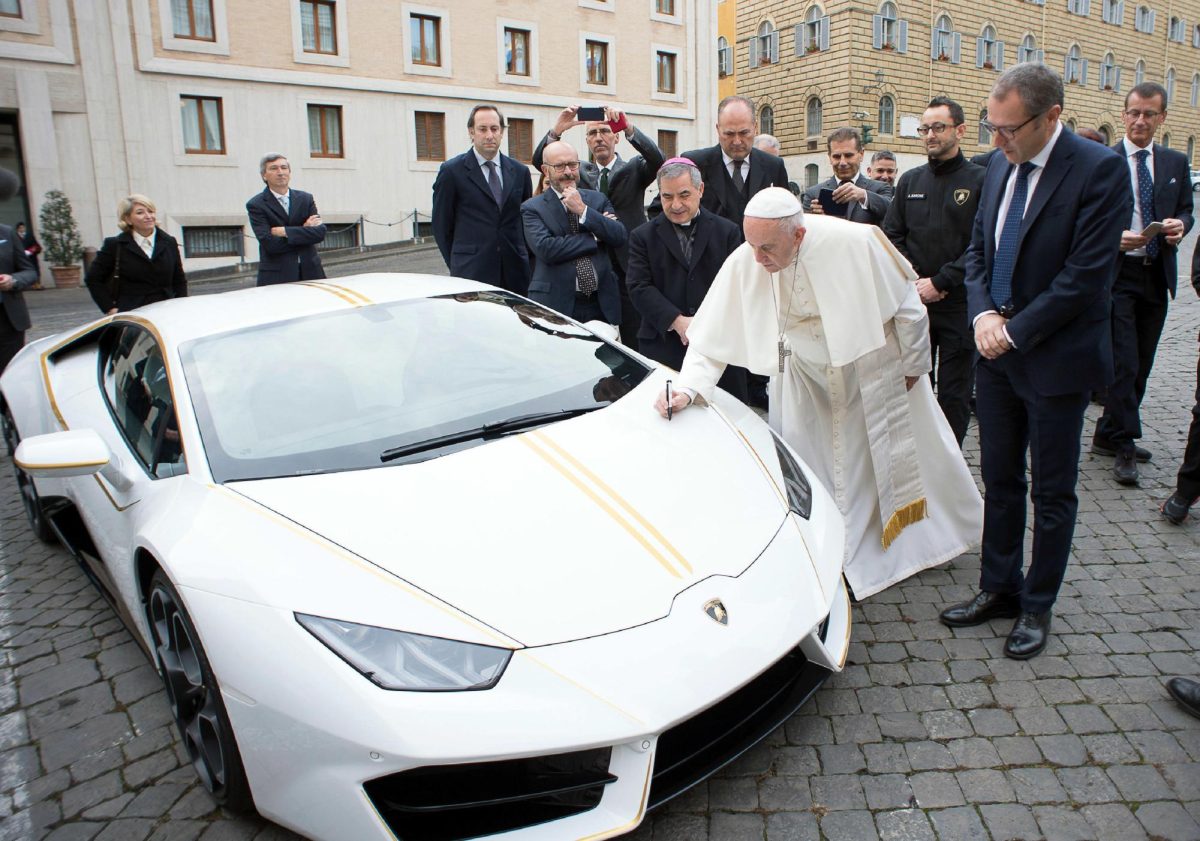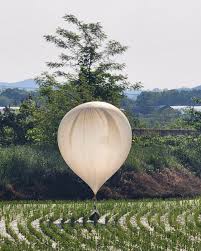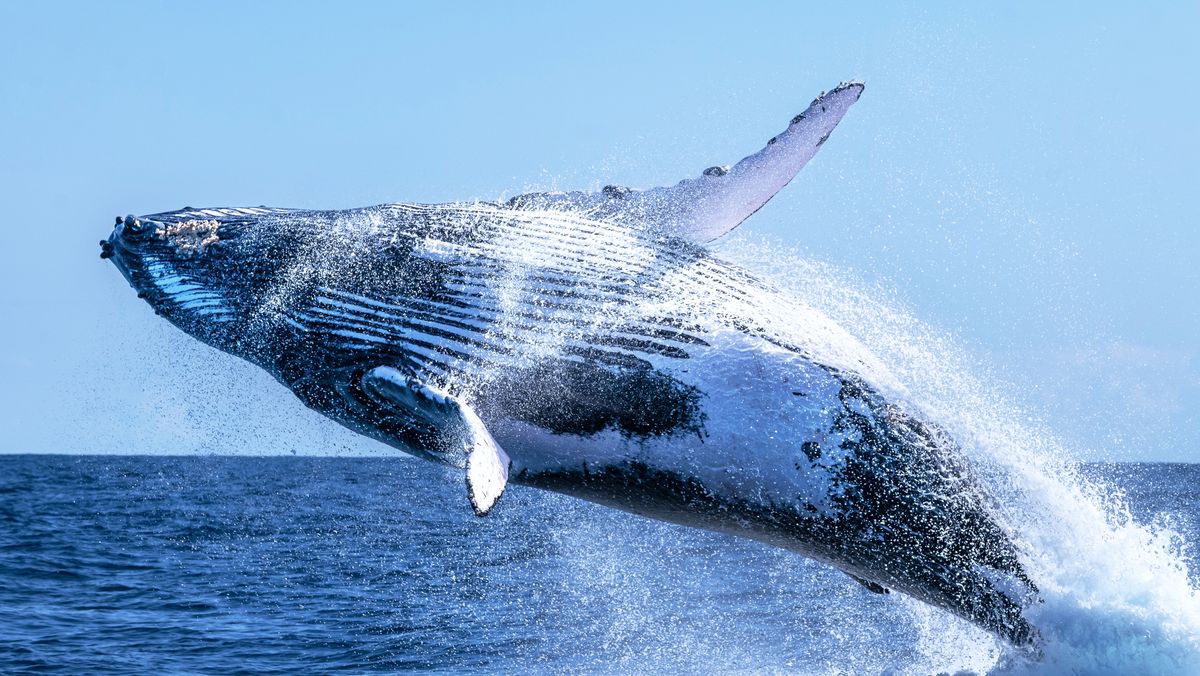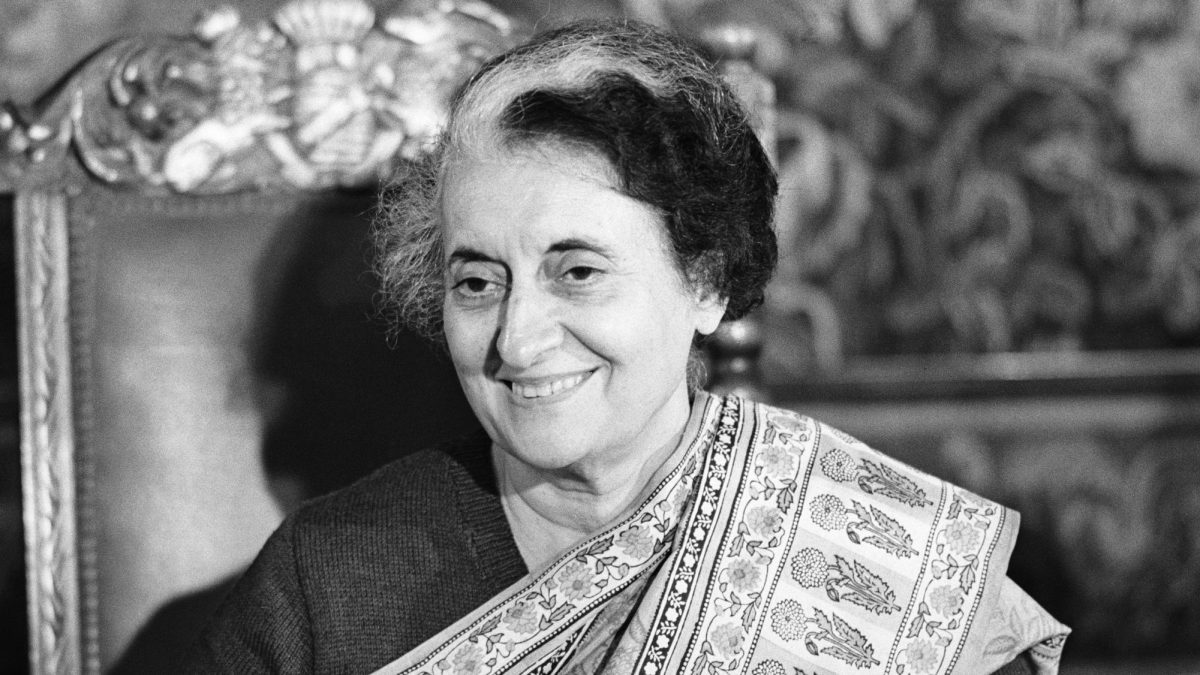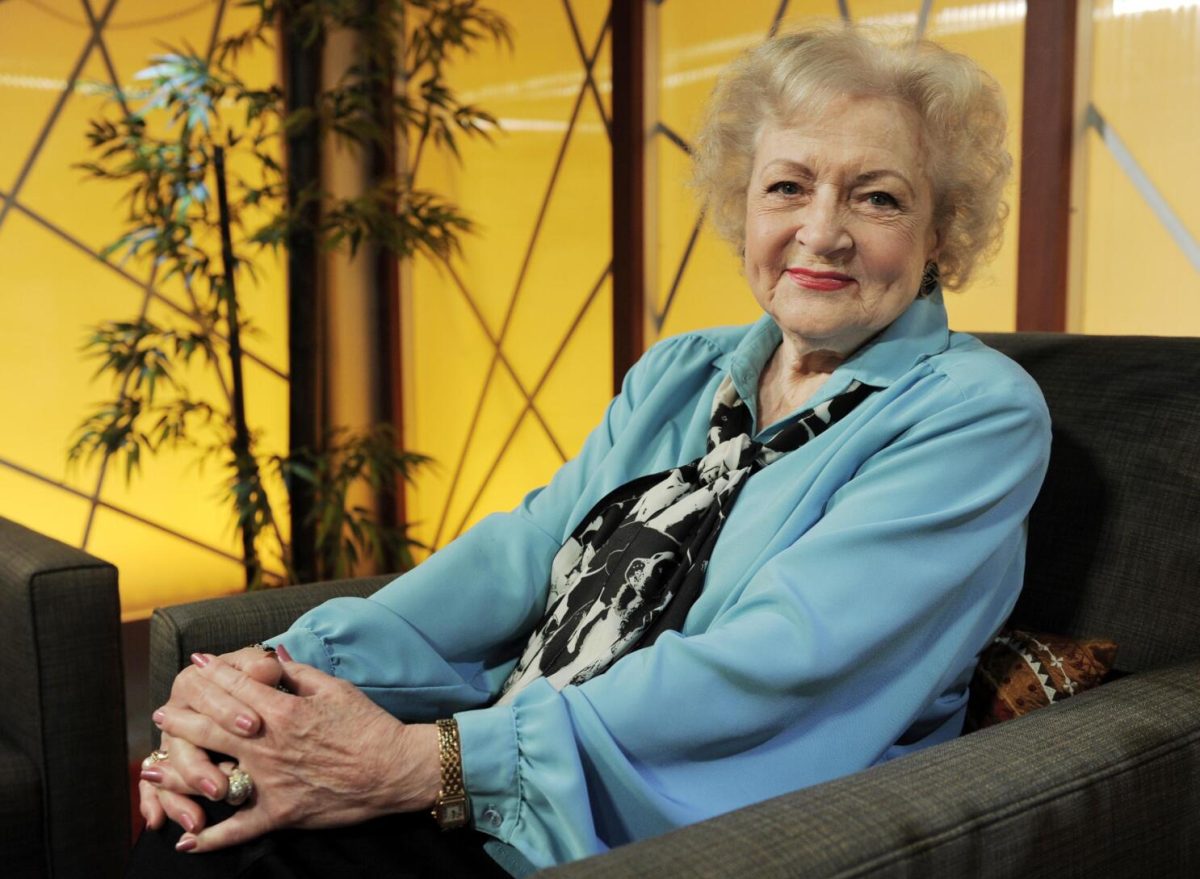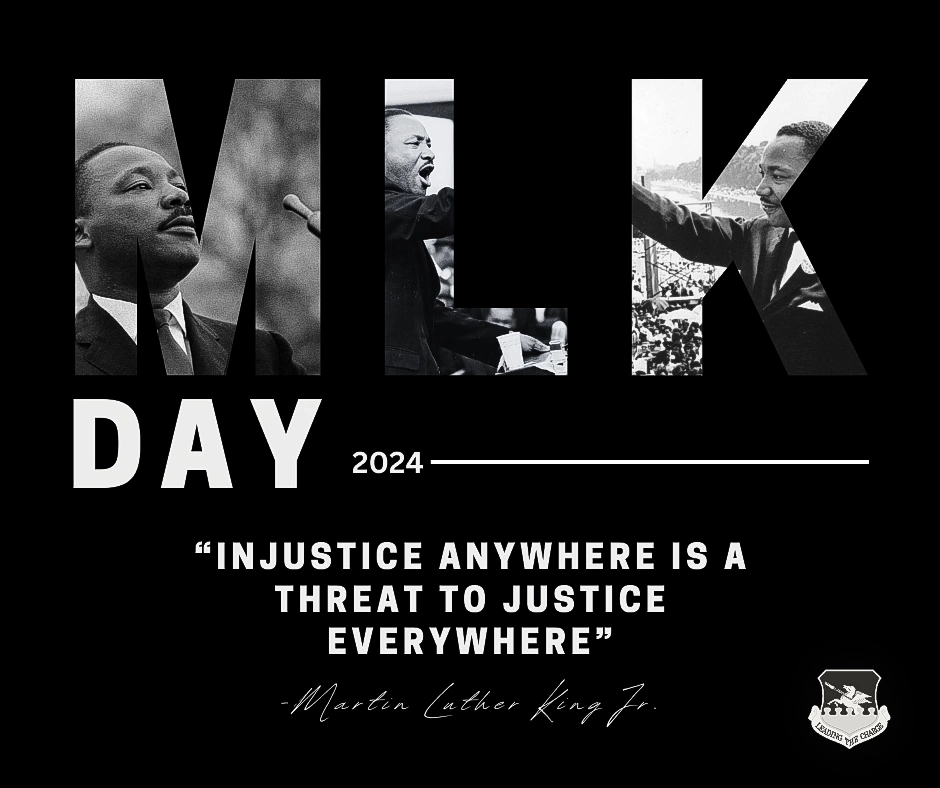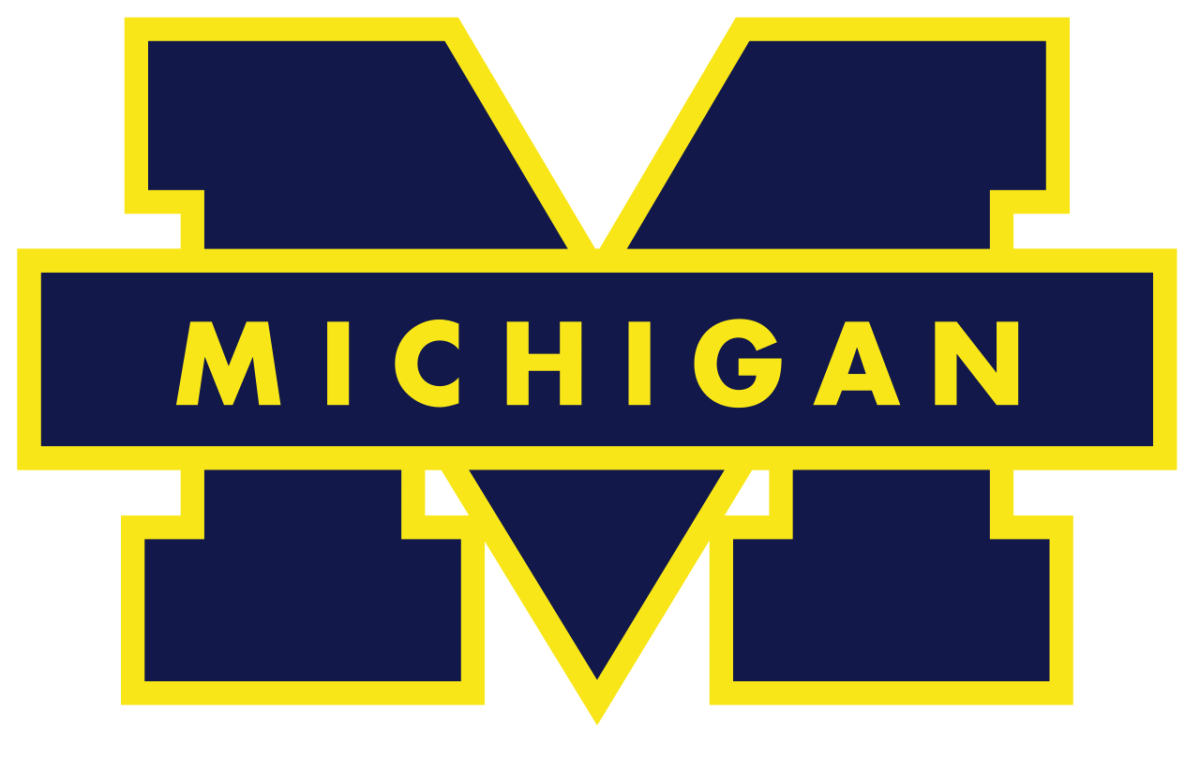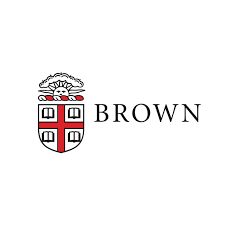Thanksgiving, a great holiday in the United States, is often associated with turkey feasts, football games, and expressing gratitude. But what are the true origins of Thanksgiving, and how did it evolve into the cherished tradition it is today? To uncover the genuine history of this holiday, we must travel back in time to a small, coastal settlement in 1621 and follow its transformation into a national celebration of gratitude.

The origin of Thanksgiving began in 1620 when a group of Pilgrims seeking religious freedom set sail on the Mayflower. After a treacherous journey across the Atlantic, they landed in what is now Plymouth, Massachusetts. The Pilgrims struggled during the winter in the New World, with many succumbing to harsh conditions and disease. It was in the fall of 1621, after an amazing harvest, that the Pilgrims invited their Native American neighbors, the Wampanoag, to join them in a feast to give thanks. This event is often regarded as the “First Thanksgiving.” The Wampanoag contributed venison and other food to the feast, and the two groups came together in a spirit of cooperation and gratitude. While the 1621 feast was indeed a moment of unity and gratitude, it was not an annual event. Thanksgiving as we know it today only emerged much later.

In 1863, during the Civil War, President Abraham Lincoln issued a proclamation declaring Thanksgiving a national holiday. Lincoln’s proclamation aimed to foster unity and gratitude during a time of great division and strife. Thanksgiving became a symbol of national identity and solidarity, emphasizing the importance of family, community, and gratitude.
Over the centuries, Thanksgiving evolved into a holiday that transcends its historical roots. While it still carries elements of the 1621 feast, it has grown to encompass a wide array of traditions, including parades, football games, and, of course, a bountiful meal featuring turkey and various side dishes. The holiday serves as a time for families and friends to come together, express gratitude for the blessings in their lives, and reflect on what they are thankful for. Thanksgiving has a rich history, with its origins dating back to a small settlement in 1621. The holiday has evolved and transformed over time, becoming an important occasion for Americans to come together and celebrate gratitude. While the true origins of Thanksgiving lie in that first harvest feast shared by the Pilgrims and Wampanoag, the holiday has grown to represent much more than its historical beginnings, reminding us all to express thanks for the blessings in our lives
